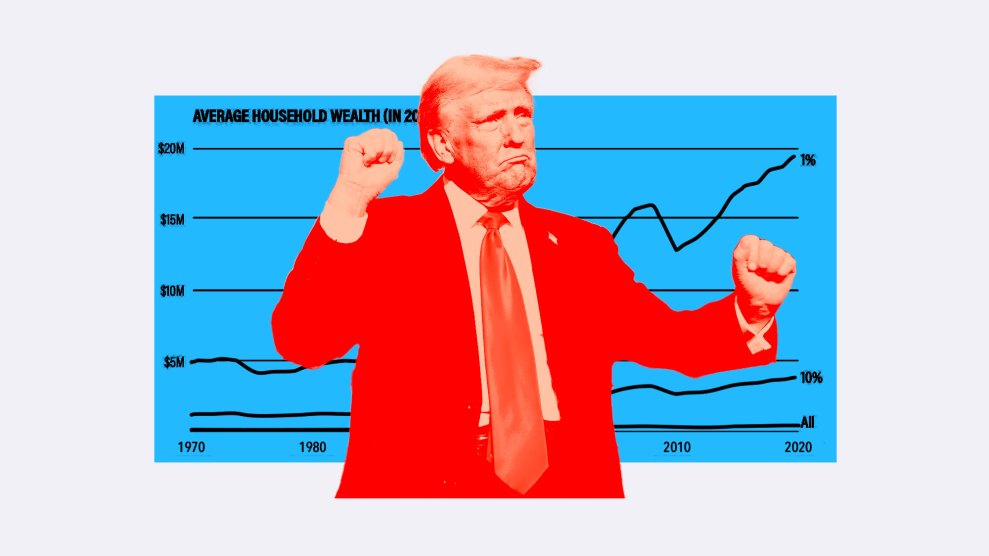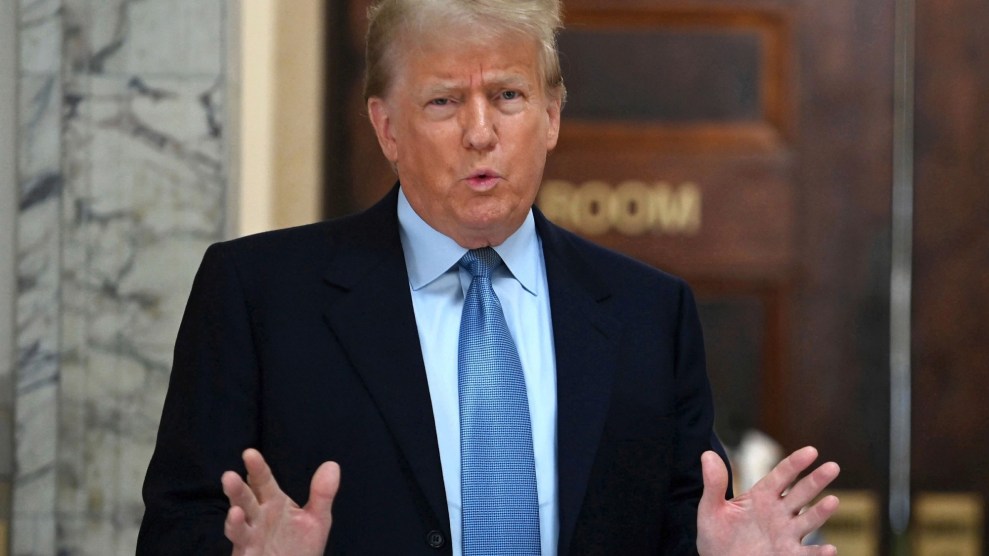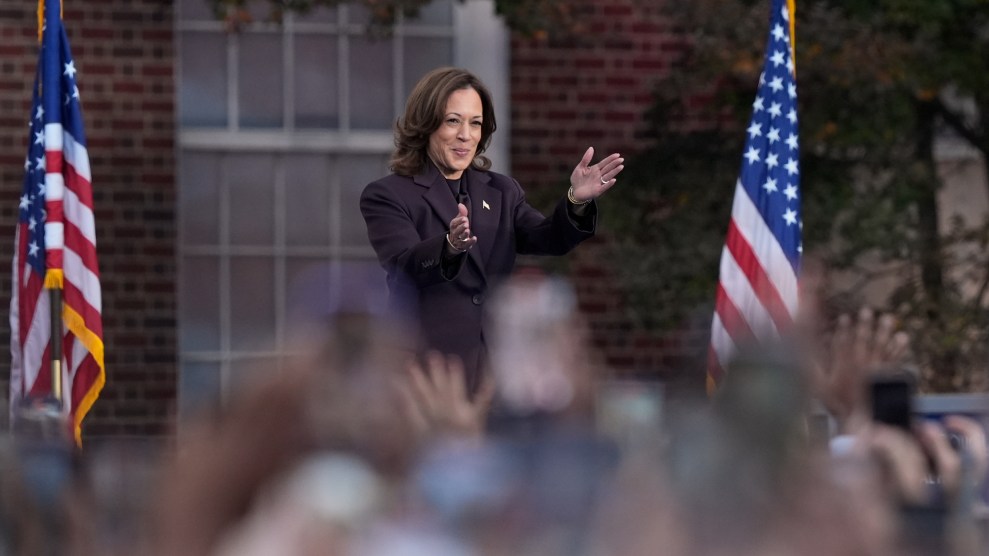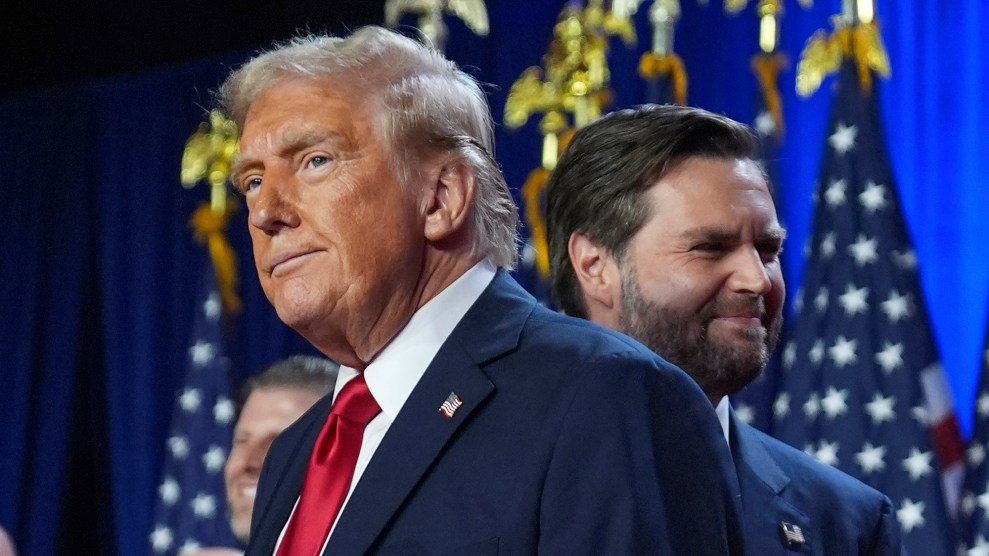 Mark Penn, the chief strategist for Hillary Clinton’s campaign and the CEO of worldwide PR company Burson-Marsteller, has stepped down from his post with the Clinton campaign following the news that he met with the Colombian government to secure congressional approval of a trade agreement that Clinton vocally opposes. Penn met with the Colombian ambassador in his capacity as the head of Burson-Marsteller, which had a one-year, $300,000 contract with Colombia. The conflict of interest raised by the meeting was a black eye for Clinton, who has adopted strongly populist rhetoric in key primary states.
Mark Penn, the chief strategist for Hillary Clinton’s campaign and the CEO of worldwide PR company Burson-Marsteller, has stepped down from his post with the Clinton campaign following the news that he met with the Colombian government to secure congressional approval of a trade agreement that Clinton vocally opposes. Penn met with the Colombian ambassador in his capacity as the head of Burson-Marsteller, which had a one-year, $300,000 contract with Colombia. The conflict of interest raised by the meeting was a black eye for Clinton, who has adopted strongly populist rhetoric in key primary states.
In a press release Sunday evening, Clinton campaign manager Maggie Williams said Penn and his polling shop will continue to do some work for the campaign:
After the events of the last few days, Mark Penn has asked to give up his role as Chief Strategist of the Clinton Campaign; Mark, and Penn, Schoen and Berland Associates, Inc. will continue to provide polling and advice to the campaign.
Geoff Garin and Howard Wolfson will coordinate the campaign’s strategic message team going forward.
Penn was (and still is) an unpopular figure. He was disliked by wide swaths of the progressive movement because he ran a multinational corporation that had its fingers in a lot of dirty pots. Burson-Marsteller and its many subsidaries have lobbied for and represented tobacco companies, oil companies, Union Carbide, and Blackwater, among other clients. Penn became a particulary easy target for criticism when it was revealed Burson-Marsteller specialized in busting unions.
Penn was no more liked within Hillaryland, for both personal and professional reasons. His imperious nature and unwillingness to accept responsibility for failure rubbed many Clinton loyalists the wrong way. His reliance on data and his insistence that the campaign need not “humanize” Clinton produced mounting criticism with each primary loss. Blind quotes from top Clinton aides criticizing Penn are usually an easy get for Washington’s top journalists.
There was always something unsettling about having a PR guru as the brains of a political campaign. At its best, politics is the best way to make a positive impact on the most lives. At its worst, it is pure PR, a game of messaging and spin that seeks only to put politicians in power and keep them there. There was never a sense that Penn was motivated by things greater than victory and money. Morever, Penn stripped politics of its ability to inspire and raise the country up: he prefered to dice the electorate into minute groups that could be targeted with specific messaging. This approach was laid out in Penn’s book Microtrends, and though the book was not well received, no one can deny Penn’s approach has worked. Penn served as a pollster for Bill Clinton in his 1996 reelection bid and as a key adviser for Hillary Clinton in her 2000 and 2006 Senate races. Winning efforts all.
And that’s why, despite all the animosity aimed at Penn, he had never gotten the boot. He helped the Clintons win, and they were loyal to him. So was the Colombia incident really that damaging? Or were frustrations with Penn growing as Clinton’s chances for the nomination grew slimmer, finally culminating in Sunday’s message from Maggie Williams?
The answer may lie in Garin, who was hired as a second pollster a few weeks ago. Penn has rarely had to share duties, and speculation immediately rose after Garin was hired that he might eventually usurp the embattled Penn. The Columbia incident may have provided Clinton with the opportunity to finally seal a decision that was weeks in the making.
Garin seems custom made for the job. From his bio:
In politics, Mr. Garin has a well-earned reputation for helping candidates win in difficult circumstances. In 2001, Mr. Garin’s strategic research helped Mark Warner win the governorship in Virginia, despite the state’s strong Republican leanings. Mr. Garin has directed the polling and created winning campaign strategies for many of the leading Democrats serving in the U.S. Senate, including Dick Durbin, Dianne Feinstein, Chuck Schumer, Russ Feingold, Robert C. Byrd, Jay Rockefeller, Patrick Leahy, Max Baucus, Kent Conrad, and Byron Dorgan.
The Obama campaign rarely, if ever, made an issue out of Penn and his very un-progressive work with Burson-Marsteller, and now it will never have that opportunity. It may have been aware that as long as Penn was in command, its bid for the nomination sold with a soaring message of hope for the country would be opposed by a campaign run by a man who in many ways embodies the phrase “smallness of our politics.”















